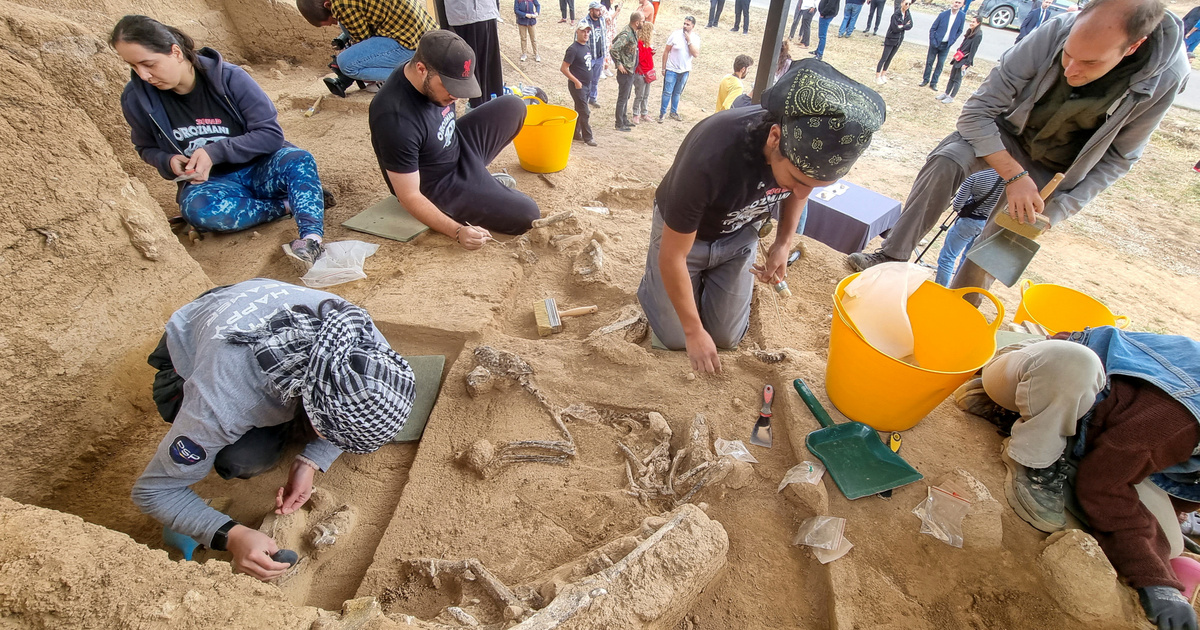According to the statement issued on Thursday about the discovery, the excavations took place near the settlement of Uruzmani, one hundred kilometers southwest of the Georgian capital Tbilisi. It is located near the archaeological site of Dmanisi, where 1.8 million-year-old human skulls were found two decades ago, MTI said.
Outside the African continent, the Dmanisi finds were the oldest human remains ever found. The discovery changed the scientific attitude to early human development and migration habits.
According to archaeologists, the tooth that was found 20 kilometers from Dmanisi also proves that the mountainous region of the South Caucasus was probably one of the oldest homes of early humans after the exodus from Africa.
Giorgi Bidzinashvili, head of the fossils, said he believed the tooth could be a “relative” remains of two roughly 1.8 million-year-old fossil skulls found in Dmanisi, Zyzva and Mzia.
According to British archaeologist Jack Burt, who participated in the excavation and found the tooth, this find is also of great significance for the history of Georgia and the history of the people who left Africa 1.8 million years ago.
This confirms that Georgia is indeed an important place for ancient anthropology and human history in general
– he added.
The oldest human fossils in the world date back to about 2.8 million years ago in Africa. The first humans, Homo erectus (Man erectus), hunter and gatherer, may have begun to migrate from Africa two million years ago. Ancient tools estimated to be 2.1 million years old have been discovered in China before, but the Georgia finds are the oldest human remains found outside of Africa.
(Cover photo: A tooth of great importance was found near the village of Uruzmani in Georgia on September 8, 2022. Photo: David Chikvishvili/Reuters)












































